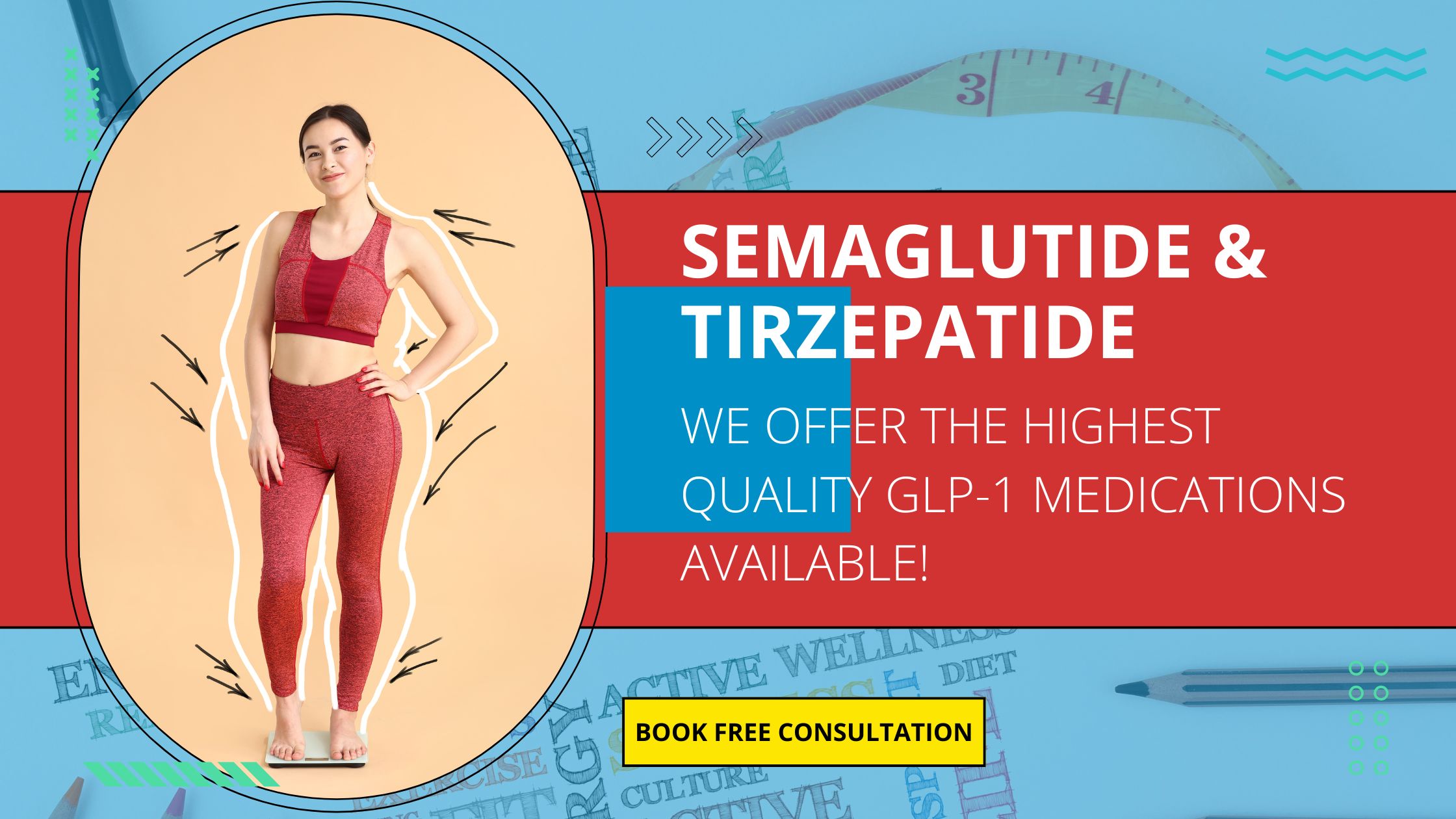The Benefits of Curcumin, Antioxidants and Hope For A Cure
 November is National Alzheimer’s Disease Awareness Month, which was designated by Ronald Reagan in 1983, to bring further awareness to the growing number of Americans suffering from Alzheimer’s Disease. As the sixth leading cause of death in the United States, the ongoing research to find a cure and to prevent this tragic disease is a priority for our country and the medical industry. With the increased amount of Alzheimer’s Disease cases and deaths resulting from this tragic disease, we actively research lifestyle and treatment alternatives that can lead to a prolonged and better quality of life.
November is National Alzheimer’s Disease Awareness Month, which was designated by Ronald Reagan in 1983, to bring further awareness to the growing number of Americans suffering from Alzheimer’s Disease. As the sixth leading cause of death in the United States, the ongoing research to find a cure and to prevent this tragic disease is a priority for our country and the medical industry. With the increased amount of Alzheimer’s Disease cases and deaths resulting from this tragic disease, we actively research lifestyle and treatment alternatives that can lead to a prolonged and better quality of life.
About Alzheimer’s Disease:
Alzheimer’s Disease is essentially a neurodegenerative disorder which results in impaired neurologic function in the brain and is also tied to nerve cell loss. The accumulation of free radicals in the brain leads to massive nerve damage and the death of neurons in certain parts of the brain which contributes to the development of the well-known symptoms of Alzheimer’s Disease including memory loss, verbal challenges and unpredictable behavior.
With potentially 200,000 people under the age of 65 having early-onset Alzheimer’s Disease, awareness and prevention is key, and taking steps to keep a healthy mind and body is a priority here at CardioMender. While many key environmental, lifestyle and genetic factors account for the onset of Alzheimer’s, we suggest an appropriate diet rich in pigmented fruits and vegetables and possibly the addition of certain nutritional supplements to help offset or even prevent the development of this degenerative disease*.

Free Radicals:
Free radicals are produced as a byproduct of normal metabolism and accumulate in our body. A build-up of free radicals leads to cellular wear-and-tear and inflammation, contributing to accelerated cell aging, which overtime leads to chronic diseases.
Antioxidants:
As a defense, antioxidants help the body neutralize the adverse effects of free radicals.
There are many different types of antioxidants, each has a unique potential benefit to the mind and body. Research has shown increasing antioxidant intake in the diet can reduce the risk of dementia*.
Eating pigmented fruits and vegetables, or minimally processed products derived from them such as CMMD Ultra-Premium Olive Oils, are good sources of antioxidants, however many of us simply do not eat enough of these. Making matters worse, when food is refined and processed, antioxidants are removed as an unwanted consequence of the process. Therefore, CMMD’s Bioflavonoid Antioxidant and Curcumin Cognitive Max may help reduce the potential damage from free radicals when a diet is deficient. Antioxidants play varying roles in our bodies. It is critical for us to ingest a combination of antioxidants that potentially create an environment to reduce the risk of inflammatory neurologic damage and dementia.
Benefits of Curcumin:
The challenge with both curcumin and turmeric is that they are generally poorly absorbed into the body and into the brain. Ingesting it with pepper increases its absorption by the gut, but not the brain. It is most desirable to get antioxidants naturally from our diet but when this is not practical consider the addition of a pharmaceutical grade nutritional supplement such as CardioMender’s Curcumin Cognitive Max. Curcumin Cognitive Max contains Longvida®, an Optimized Curcumin preparation, which is unique in both its enhanced absorption by the body and exceptional brain penetration. Longvida® was created based on groundbreaking studies at UCLA, and is believed by many to be a strong agent for maintaining optimal brain health. *
Always consult your healthcare professional before instituting new nutritional supplements or vitamins, or visit CardioMender, MD today to find out if Curcumin Cognitive Max is appropriate for you.
For inspiration and answers to questions about leading a healthy lifestyle and different types of supplements, read previous blogs by CardioMender, MD Weight Loss Specialists at www.cardiomenderweightloss.com/category/weight-loss-articles/.
*These statements have not been evaluated by the Food and Drug Administration. These products are not intended to diagnose, treat, cure, or prevent any disease.
References:
https://www.ncbi.nlm.nih.gov/pmc/articles/PMC2781139/ (National Center for Biotechnology Information, U.S. National Library of Medicine)
https://www.alz.org/alzheimers-dementia/facts-figures (Alzheimer’s Association: Facts and Figures)
https://www.ncbi.nlm.nih.gov/pubmed/9850931 (Department of Psychiatry, University of Würzburg, Federal Republic of Germany)
https://www.nia.nih.gov/health/what-alzheimers-disease (National Institute On Aging: What Is Alzheimer’s Disease?)
https://www.alzheimers.org.uk/about-dementia/risk-factors-and-prevention/antioxidants (Alzheimer’s Society: Antioxidants and Dementia)
https://www.ncbi.nlm.nih.gov/pubmed/10693912 (Department of Medicine, Sir Jules Thorn Institute, The Middlesex Hospital, London, UK)
https://www.ncbi.nlm.nih.gov/pmc/articles/PMC2781139/ (National Center for Biotechnology Information, U.S. National Library of Medicine)
https://www.ncbi.nlm.nih.gov/pmc/articles/PMC2781139/#CIT19 (PMC: The effect of curcumin (turmeric) on Alzheimer’s disease: An overview)
https://alzheimersnewstoday.com/alzheimers-disease-statistics/ (Alzheimer’s News Today: Alzheimer’s Disease Statistics)






